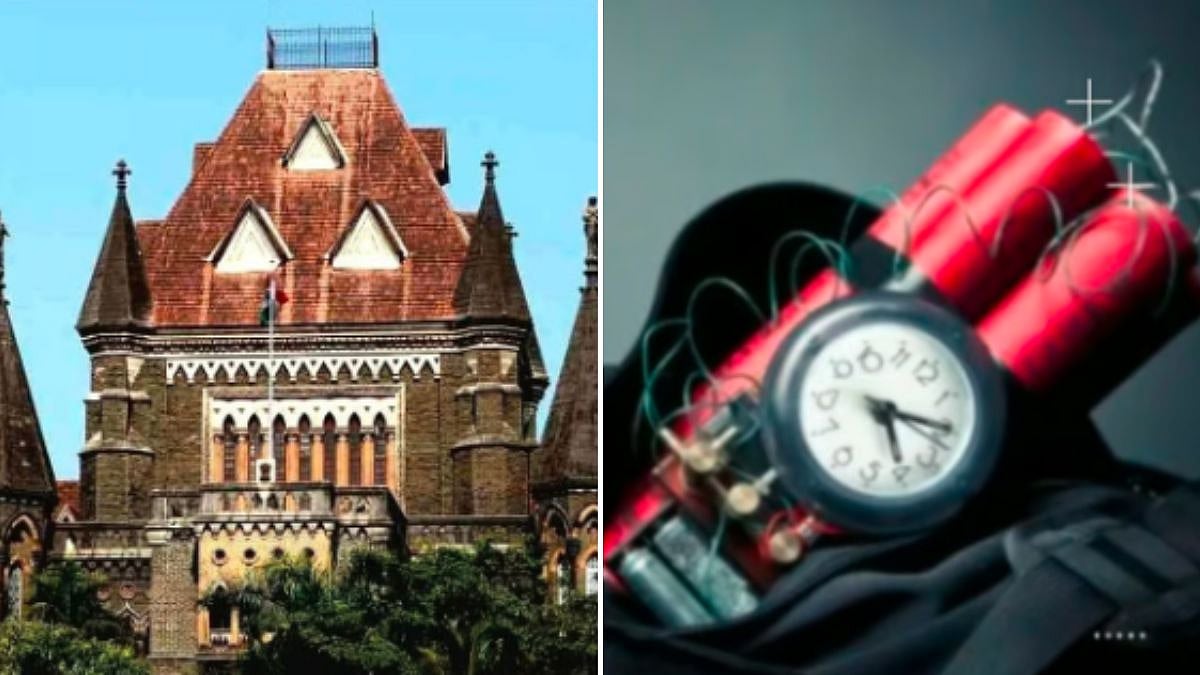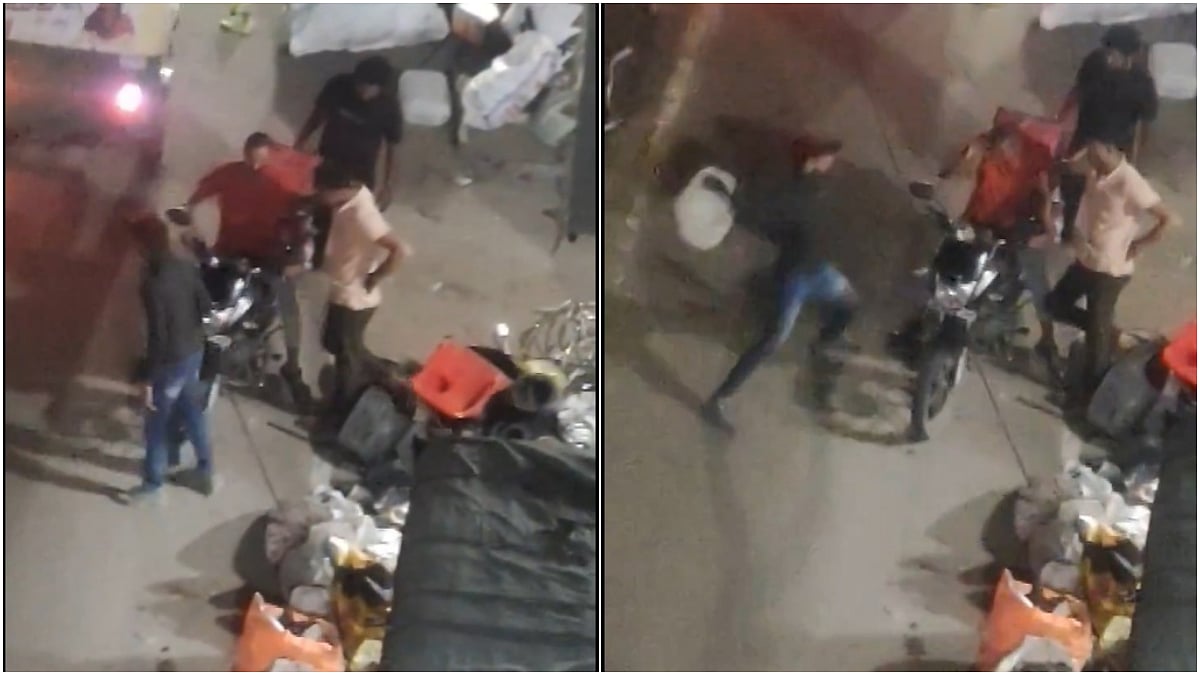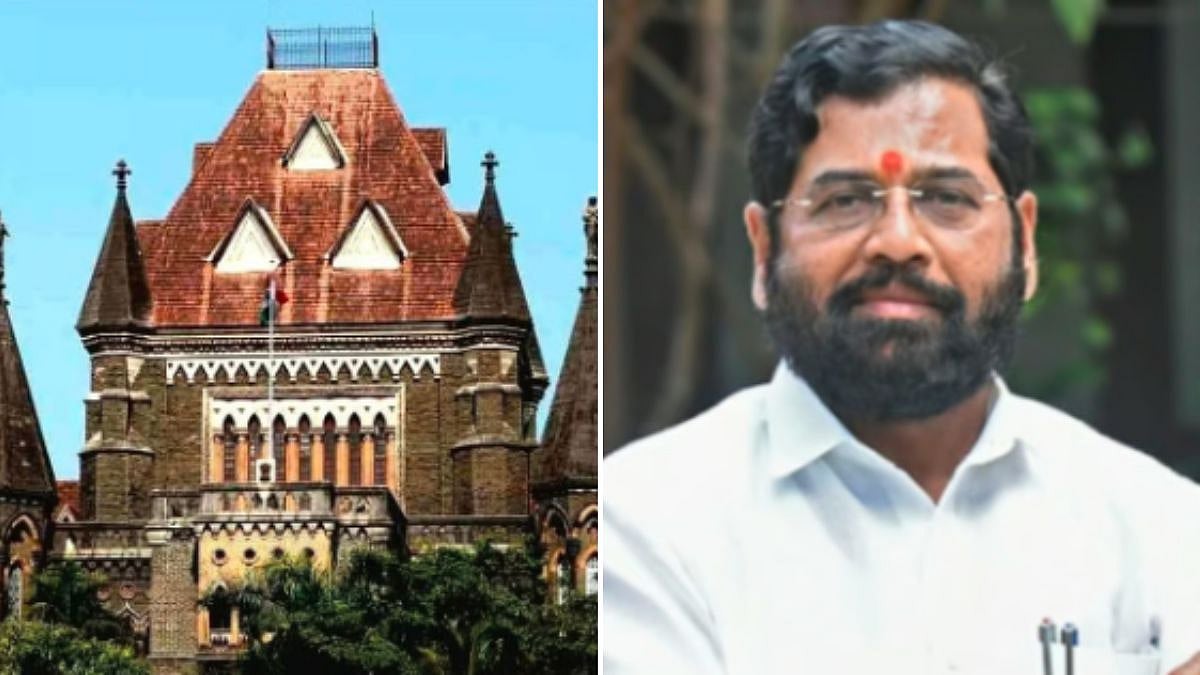Mumbai: The BMC has launched a dedicated collection service for domestic sanitary and special care waste to promote safer and more hygienic disposal of personal-use items.
In the last two days, 305 housing societies and establishments have registered for the initiative, including 149 residential complexes, 132 beauty parlours, 17 educational institutions, and seven women’s hostels. Starting next week, BMC will begin sending vehicles to these locations for waste collection.
The service is designed to collect items such as used sanitary pads, diapers, expired medicines, and bandages or cotton contaminated with bodily fluids like urine, blood, saliva, pus, and faeces. To ensure proper waste segregation, the BMC will train residents and staff at participating establishments, including beauty parlours, on the types of waste to be separated and collected under this initiative. NGOs have been roped in to conduct the training sessions, and the civic body will provide a collection schedule to all registered participants.
A senior civic official stated, "We will be providing yellow bags for the daily collection of this waste. Awareness campaigns will also be conducted to educate citizens, and eventually, segregation of domestic hazardous waste will be made mandatory."
Currently, Mumbai generates an estimated 7,000 to 8,000 tonnes of solid waste daily, of which around 70 to 80 tonnes consists of sanitary waste related to personal hygiene. This initiative aims to improve the handling of such waste through proper segregation, collection, and disposal methods.
To tackle domestic waste, the BMC procured advanced plasma treatment units from Malaysia, with the first three units commissioned in 2021 at Oshiwara, Malad, and Dharavi. Each unit has a processing capacity of four tonnes per day.

However, due to poor segregation of waste at the source, these plants have been operating below capacity—collectively processing only 12 tonnes of DHW daily. Recently BMC invited tenders for the operation and maintenance of 11 additional plasma-based DHW processing units across the city and its suburbs.









